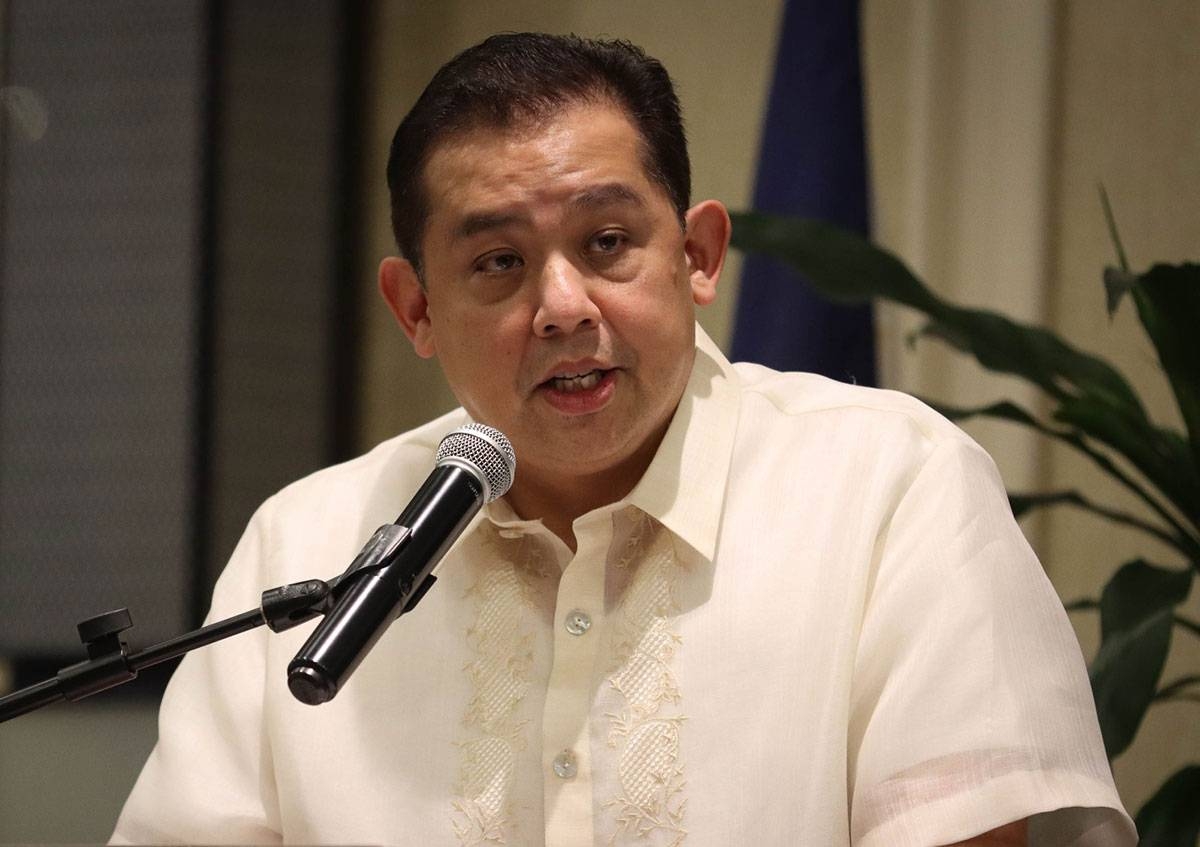House Speaker Martin Romualdez to Discuss Flood Preparation and Mitigation
House Speaker Martin Romualdez has scheduled a meeting on May 14 with several government offices to address the upcoming La Niña episode and its potential impact on the country. Recognizing the importance of proactive measures, Romualdez has invited key officials from the Department of Public Works and Highways, Department of Environment and Natural Resources, Department of the Interior and Local Government, and the Chairman of the Metropolitan Manila Development Authority to participate in the discussion.
The primary objective of this meeting is to foster collaboration among these government agencies and develop an integrated approach to flood mitigation. Romualdez emphasized the need to combine infrastructure development, environmental management, and community-based strategies to create a comprehensive framework that can effectively address flood risks.
The insights and agreements generated from this meeting will play a pivotal role in shaping the national response to flood risks. Romualdez understands the importance of transparency and has assured the public that the results of the meeting will be shared, enabling individuals and communities to better prepare for the potential challenges brought about by La Niña.
In light of the impending La Niña episode, the preparations will prioritize various critical areas, including food security, sufficient water supply, energy availability, public health, public safety, mobility, and interconnectivity. By focusing on these key aspects, the government aims to ensure the well-being and resilience of the population in the face of potential flooding.
Romualdez also stressed the importance of strengthening the collaboration between the national government and local government units. It is crucial to ensure that the preparations discussed during this meeting are effectively implemented at both the national and local levels. By enhancing this linkage, the government can streamline efforts and maximize the impact of flood mitigation strategies.
Contextualizing the Discussion to an International Audience
While the focus of this meeting is specific to the Philippines and its preparations for the La Niña episode, the broader issue of flood preparation and mitigation is a global concern. Many countries face similar challenges when it comes to managing flood risks and ensuring the safety and well-being of their citizens.
In the context of international laws and customs, the Philippines’ approach to flood preparation and mitigation aligns with the principles of disaster risk reduction and resilience. These principles emphasize the importance of proactive measures, collaboration between government agencies, and the involvement of local communities in developing comprehensive strategies to mitigate the impact of natural disasters.
By integrating infrastructure development, environmental management, and community-based approaches, the Philippines aims to create a holistic framework that can effectively address flood risks. This approach is in line with international best practices, which recognize the need for multi-dimensional solutions to tackle the complex challenges posed by climate change and its associated hazards.
Furthermore, the emphasis on transparency and public involvement in the decision-making process reflects a commitment to democratic governance and accountability. By informing the public about the outcomes of the meeting, the government enables individuals and communities to actively participate in the preparations and take necessary steps to protect themselves and their properties.
The prioritization of critical areas such as food security, water supply, energy availability, public health, public safety, mobility, and interconnectivity resonates with the United Nations’ Sustainable Development Goals (SDGs). These goals highlight the interconnected nature of various societal and environmental factors and aim to create a more sustainable and resilient future for all.
Lastly, the importance of strengthening the collaboration between the national government and local government units reflects the principles of subsidiarity and decentralization. These principles recognize the unique knowledge and expertise of local authorities in addressing the specific needs and challenges of their communities. By empowering local governments and ensuring their active participation, the Philippines can enhance the effectiveness and efficiency of its flood preparation and mitigation efforts.
Conclusion
House Speaker Martin Romualdez’s upcoming meeting with various government offices underscores the Philippines’ commitment to proactive flood preparation and mitigation. By integrating infrastructure development, environmental management, and community-based approaches, the government aims to create a comprehensive framework that can effectively address flood risks.
The insights and agreements generated from this meeting will shape the national response to flood risks and play a crucial role in ensuring the well-being and resilience of the population. The government’s emphasis on transparency and public involvement reflects a commitment to democratic governance and accountability.
As the Philippines prepares for the La Niña episode, the government’s focus on critical areas such as food security, water supply, energy availability, public health, public safety, mobility, and interconnectivity aligns with international best practices and the United Nations’ Sustainable Development Goals.
By strengthening the collaboration between the national government and local government units, the Philippines can enhance the implementation of flood mitigation strategies and maximize their impact. This meeting serves as a testament to the government’s dedication to protecting its citizens and building a more resilient future.







